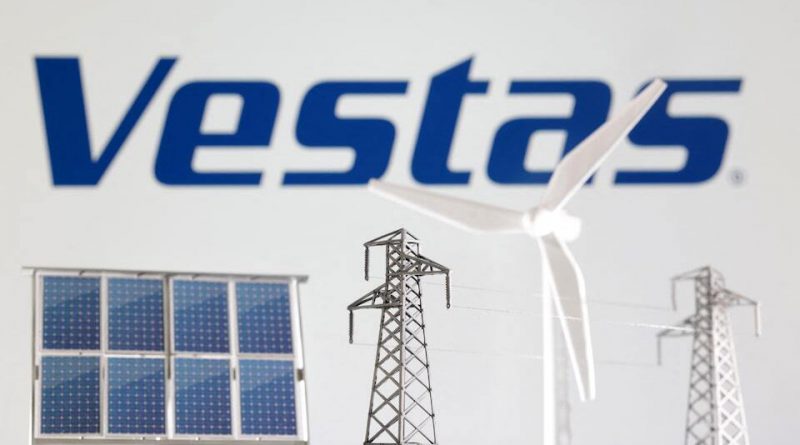Vestas Recalibrates Poland Plans Amid Shift Toward Smarter Renewable Growth
Copenhagen – In a strategic move that underscores its long-term commitment to sustainable energy, Danish wind turbine leader Vestas Wind Systems A/S has announced a temporary pause on the construction of its planned offshore wind turbine factory in Poland.
While some may view this as a setback, the decision reflects a broader recalibration of resources and strategy — ensuring the company’s future projects are backed by strong market demand, innovation readiness, and policy stability.
The proposed plant, initially expected to become Vestas’ largest manufacturing site in Poland, was projected to employ over 1,000 skilled workers and begin operations in 2026. Its main goal was to produce advanced turbine blades for Europe’s fast-growing offshore wind sector.
However, following evolving market dynamics and a slowdown in short-term European demand, the company has chosen to prioritize efficiency and long-term sustainability over rapid expansion.
Vestas clarified that the pause is temporary and strategic — not a cancellation. “We continue to invest in a local manufacturing footprint where the offshore wind market volume and certainty allow,” the company said, emphasizing its ongoing confidence in the European renewable landscape.
A Strategic Pause, Not a Retreat
Industry observers note that Vestas’ decision represents mature corporate foresight, not market pessimism. The European renewable energy sector is currently undergoing a phase of consolidation and technological realignment.
After years of rapid growth, several regions — including Germany, Denmark, and Poland — are reworking regulatory frameworks, permitting timelines, and subsidy mechanisms to make green energy projects more efficient and self-sustaining.
By temporarily shelving the project, Vestas is ensuring that its resources, innovation capacity, and capital are focused on regions where policy support and demand alignment are strongest.
This approach allows the company to adapt more swiftly once the European offshore market stabilizes, likely paving the way for more efficient, high-tech wind solutions in the near future.
Poland’s Renewable Transition Still on Track
Despite the pause, Poland remains one of Europe’s most promising renewable energy markets. In 2024, nearly 30% of the country’s electricity came from renewable sources — a significant leap from previous years.
The government continues to view wind and solar as critical components in reducing its dependence on coal and meeting EU decarbonization goals.
Polish Prime Minister Donald Tusk recently reaffirmed his administration’s commitment to expanding green energy capacity, announcing that Poland would “radically increase onshore wind capacity” through a new set of reforms. These changes aim to streamline approvals for turbine upgrades and modernize existing wind farms to host larger, more efficient models.
Meanwhile, offshore wind development remains a national priority, with several projects in the Baltic Sea advancing through the planning stages. When market conditions improve, Vestas’ planned factory could quickly become a cornerstone of this emerging ecosystem, supplying next-generation blades and components to both domestic and international markets.
Vestas’ decision also highlights an important lesson for the renewable sector — that sustainable growth requires strategic flexibility. As technology evolves and market trends fluctuate, the ability to adapt ensures long-term stability and profitability.
The company’s track record supports this approach: Vestas continues to be a global leader in both onshore and offshore wind, with cutting-edge projects spanning Europe, Asia, and the Americas.
This recalibration allows Vestas to redirect efforts toward AI-driven design optimization, smart maintenance technologies, and hybrid energy systems that integrate wind with storage and solar. These innovations could redefine the future of renewable infrastructure — not only in Poland but across global markets striving to achieve carbon neutrality.
A Step Toward Smarter, Stronger Growth
While the pause of Vestas’ Polish plant may seem like a slowdown, it is in fact a forward-looking decision aimed at building smarter, more resilient renewable networks. The company’s continued investment in clean energy, coupled with Poland’s steady policy evolution, sets the stage for a stronger and more stable green economy in the years ahead.
Rather than signaling decline, Vestas’ move underscores the maturity of the renewable sector — where thoughtful strategy, innovation, and timing are as crucial as ambition. When the winds of demand rise again, both Vestas and Poland will be ready to harness them more efficiently than ever.



